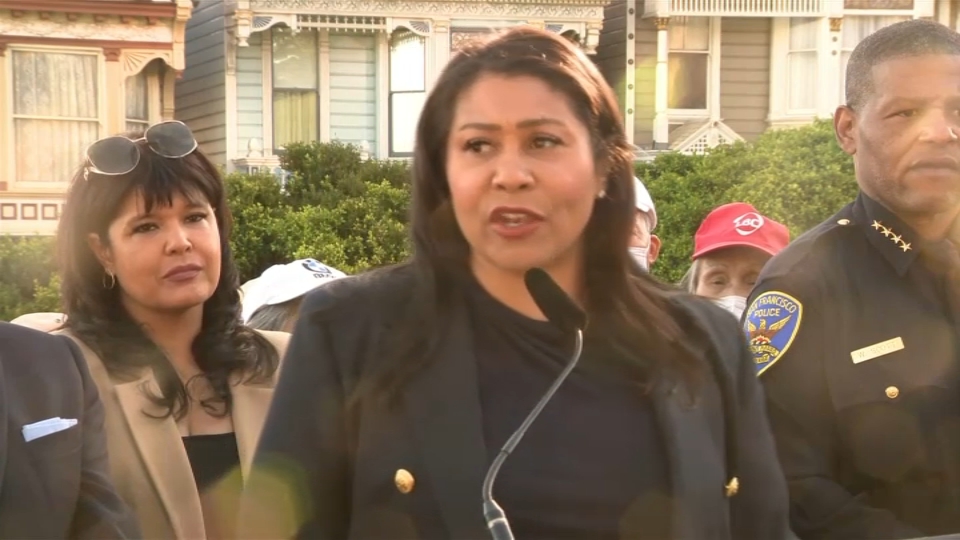Sheri Moyer is going back to school. And hitting the books to become a lawyer.
To help make ends meet, she rents digital textbooks.
“[They’re] much cheaper,” she said.
Sheri said she needed a law book that cost $120 to buy. So, instead, she paid Santa-Clara-based Chegg $19.99 to rent it for a short class assignment.
Get a weekly recap of the latest San Francisco Bay Area housing news. Sign up for NBC Bay Area’s Housing Deconstructed newsletter.
“I paid for my 30-day subscription,” she said. “I didn’t need it for any more than 30 days. I didn’t even need it for the full 30 days,” she said. But, “the following month, I noticed an additional charge on my card.”
She says Chegg auto-billed her another $19.99. Sheri objected.
“I didn’t purchase a renewed subscription,” she said. “So, I called them to ask for a refund and told me they had a zero-refund policy.”
Local
In Washington, the Federal Trade Commission is currently looking to toughen federal rules that govern auto renewals -- and give consumers more power. When the FTC asked for public comment this spring, it got more than a thousand of them. Some businesses and business groups bristled. For example, the U.S. Chamber of Commerce commented that the FTC was imposing, “substantial and burdensome regulations on the business community.”
The federal auto-renew fight is just beginning. But it’s settled in California. A little-known law called the California “Auto Renewal Law” is already on the books.
“The fundamental aspect of the law, the way it’s phrased and how it’s designed, is to make it as easy to get out of it as it was to get into it,” said Doug Allen, Assistant District Attorney in the Santa Cruz County District Attorney’s Office.
Allen is part of CART, the California Auto Renewal Task Force. It’s comprised of district attorneys who help enforce the law -- which requires full disclosure about auto renewal up front and easy cancellation on the back end.
“Frankly, we see some pretty egregious violations,” Allen said.
For example: Allen says if you call a company to cancel, they can not bounce you around -- to a bunch of different departments or a supposed “supervisor” -- to try to keep you enrolled. Online, Allen says a business cannot drag out the cancellation with a survey. But, they can give you a survey afterward.
Allen shared a few key points you should look for when signing up: First, he said state law requires companies to "clearly and conspicuously" disclose -- with things like all-caps, “bold,” “contrasting,” “larger,” or color text -- that you’re signing up for a subscription with recurring charges.
“They have to disclose it to you,” he explained.
Second, Allen said companies must get your “affirmative consent” that you’re signing up for a subscription.
“Neither one of those things happened,” said Moyer. “They just went ahead and charged my account.”
Sheri wants her $19.99 back. And accountability. California’s auto renewal law gives her (and you) two routes: either through a D.A. or suing. She hired a private lawyer and is took Chegg to court.
“This isn’t the biggest case out there, but I think it’s an important case nonetheless,” said attorney Robert Tauler.
He filed a federal suit in San Jose. Tauler argues Chegg did “not use bold, highlighted, all-capitalized, or different-colored text for the automatic renewal terms” when Sheri signed up. He’s asking the court to order Chegg to refund Sheri -- plus any other auto-renewed customers like her. Tauler wants a class action -- to set some precedent.
“I’d like businesses to be on the lookout that they should comply -- whether they are large or they are small,” he said.
We contacted Chegg. In a statement, it said, in part, “Chegg complies with all state and federal laws regarding automatic renewal plans.”
As for Sheri’s case, Chegg said, “we cannot comment on any allegations, but can advise that we are actively working to resolve this individual case via arbitration.”
Sheri wanted a jury trial, but a judge ruled that both sides must go to arbitration first. They are required to update the judge every 180 days, a ruling said.
Sheri’s case contains screen grabs. We regularly recommend you capture your screen whenever you’re doing business online. You just never know if you’ll need them to challenge a charge.



